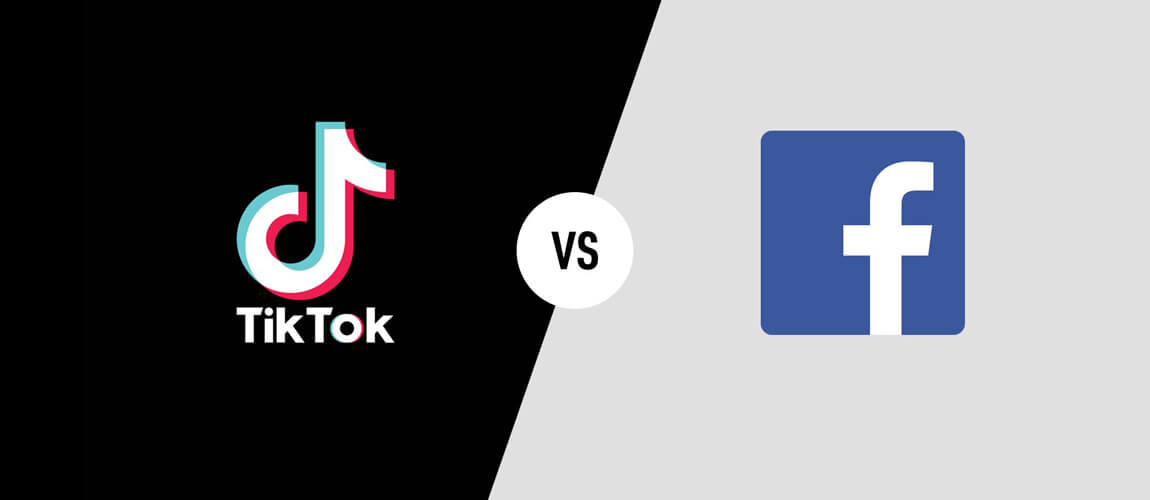TikTok is wanting to dispatch a bunch of instruments this year to assist makers with adapting their essence on the web-based media application. It will zero in basically on social business, as per a report from Financial Times. Social trade is a vital piece of Douyin, TikTok's Chinese partner, and a region TikTok's been investigating outside its nation of origin several years at this point. 2021 could be the year it goes standard on TikTok.
TikTok isn't the just one putting resources into social business, however. Facebook (NASDAQ: FB) and its Instagram auxiliary are emptying cash into new social business highlights. Additionally, Snap (NYSE: SNAP) is wanting to run a ton of examinations around web-based business in 2021. The two organizations outstandingly delivered TikTok clones inside their applications a year ago.
Social commerce could be massive
TikTok has the advantage of having a parent corporation that is Chinese. Social trading is massive in China, where both as a buyer and seller, consumers regularly engage in online social exchange.
While it's impossible the U.S. will arrive at comparative entrance levels as China, there's a ton of space to develop. Individuals keep on investing more energy in online media and less time with customary media like TV. Online media stages like TikTok and Facebook are battling for promotion spending plans as they move from TV and other conventional media to computerized stages. The simpler it is to purchase something via online media, the more viable commercials are and the more advertisers will pay for promotion arrangements.
Is there more gap for TikTok in social commerce?
Based on the success it has made with Douyin in China, TikTok may already have an excellent road map for incorporating social commerce features to its website. That said, China is a market that is very different from the United States, and there is no certainty that anything that works in China will succeed in the United States. Still, depending on geography, human nature does not change, so it should be able to manipulate similar habits with similar goods.
TikTok is supposedly chipping away at partner advertising joins for makers, which will permit them to adapt their essence on the stage. At the point when watchers click on a maker's connection and purchase something, the maker will get a commission.
TikTok is currently preparing a way for brands to similarly display their catalogs on the app, and it has an ad production agreement with Shopify in place.
Facebook also has its own capabilities for social trading. Last summer, it rolled out Facebook Stores, based on Instagram Checkout. The option to tag items in Reels, its TikTok clone, has also been introduced by Instagram, just as users would do in stories and feed updates.
For years now, Facebook has been building up the commerce platform through its family of software. However, the sooner TikTok pushes out features for developers to monetize their involvement, the less likely it is to lose Instagram users.
Nonetheless, Snap looks more powerless to TikTok. Its past exchange tests have failed. In 2021, those endeavors will get energy once more. "We intend to try quickly and plant numerous seeds since we consider this to be as huge and still from the get-go as far as development," CEO Evan Spiegel said during the final quarter profit call for Snap. Contrasted with TikTok and Facebook, Snap will depend intensely on its computer-generated experience stage, which is a wellspring of solidarity for the tech business.
TikTok is going to the pockets of the clients of its adversaries, and it is difficult to secure against.
